Liberal idealistic foreign policy adventures reveal blindness to differences between nations
Published Oct 21, 2024 • Last updated 7 minutes ago • 5 minute read

For too long, this country’s foreign policy has been misguided by outdated and idealistic views of the world beyond Canadian shores.
The Hogue Public Inquiry into Foreign Interference in Canadian democracy has not yet concluded, but it now appears that China and India may have both stuck their hands into our elections, and worse. The potential for this should have been foreseen years ago, and strong safeguards should have been placed against it.
Advertisement 2
THIS CONTENT IS RESERVED FOR SUBSCRIBERS
Enjoy the latest local, national and international news.
- Exclusive articles by Conrad Black, Barbara Kay and others. Plus, special edition NP Platformed and First Reading newsletters and virtual events.
- Unlimited online access to National Post and 15 news sites with one account.
- National Post ePaper, an electronic replica of the print edition to view on any device, share and comment on.
- Daily puzzles including the New York Times Crossword.
- Support local journalism.
SUBSCRIBE FOR MORE ARTICLES
Enjoy the latest local, national and international news.
- Exclusive articles by Conrad Black, Barbara Kay and others. Plus, special edition NP Platformed and First Reading newsletters and virtual events.
- Unlimited online access to National Post and 15 news sites with one account.
- National Post ePaper, an electronic replica of the print edition to view on any device, share and comment on.
- Daily puzzles including the New York Times Crossword.
- Support local journalism.
REGISTER / SIGN IN TO UNLOCK MORE ARTICLES
Create an account or sign in to continue with your reading experience.
- Access articles from across Canada with one account.
- Share your thoughts and join the conversation in the comments.
- Enjoy additional articles per month.
- Get email updates from your favourite authors.
THIS ARTICLE IS FREE TO READ REGISTER TO UNLOCK.
Create an account or sign in to continue with your reading experience.
- Access articles from across Canada with one account
- Share your thoughts and join the conversation in the comments
- Enjoy additional articles per month
- Get email updates from your favourite authors
Article content
Instead, Canadian governments may have directly, or indirectly, indulged authoritarian states, or those on the way to becoming one. Six members of India’s diplomatic corps were expelled from Canada last Monday following accusations they were involved in a targeted campaign against Canadian citizens on behalf of the Indian government.
Canada has tolerated the presence of the Sikh separatist Khalistani movement in our cities for decades. The Khalistani movement is a shell of its former self within India, and like so many other diasporas in Canada, extremism is far more prevalent abroad than it is in the motherland.
There is no excuse for Canada allowing the Khalistani’s to organize and operate with impunity here. While not every Khalistani sympathizer has committed violent crime for the cause, the movement has been rife with terrorism since its inception. Under no circumstances should Canada allow itself become a staging ground or front for foreign conflicts and insurgencies that we have no stake in.
Also unacceptable, and far more pertinent, is the accusation that Indian diplomats have abused their privileges to carry out New Delhi’s dirty work on Canadian soil. At the moment, the accusations are unproven, however, an Indian government employee was charged by the U.S. Justice Department this week, possibly in relation to the same campaign against Khalistani dissidents.
By signing up you consent to receive the above newsletter from Postmedia Network Inc.
Article content
Advertisement 3
Article content
India has long been considered a member of the democratic club, albeit an imperfect one. In any case, it was regarded as a far less oppressive and dangerous state than the totalitarian People’s Republic of China (PRC).
The PRC has one of the most anti-democratic and anti-western governments in the world, both in intent and operation. India is not a totalitarian state, but it is a far different sort of democracy than Canada.
Canada’s and India’s norms of governance vary significantly over the course of the 11,332 kilometres between Ottawa and New Delhi.
India is still plagued by ethnic and religious violence, and has been subjected to horrific terrorist attacks by anti-government groups that include the Khalistani movement. This invites a more severe retaliation than most Canadians are accustomed to, but that does not excuse Canadian soil being used as a stage for state-sponsored assassinations.
Regardless, the time has passed for the sort of universalist approach to dealing with the world, democratic or otherwise. Both India and China are countries that need to be engaged with, but it needs to become widely accepted that they are different, and likely always will be.
Advertisement 4
Article content
One of Canada’s only goals with India should be striking an agreement for better trade relations. Geopolitical concerns such as India’s posture towards a more aggressive China is a prerogative of Washington, not Ottawa.
Canada’s goals regarding relations with India should be first and foremost about business, not trying to flex the myth of Canadian soft power. As for China, Global Affairs still describes its mission in Beijing as being rooted in “respect for diversity” and “international norms and values,” as if the Chinese Communist Party has demonstrated it cares for either.
These differences make some of Justin Trudeau’s previous attempts to improve cultural relations appear that much more ridiculous. During his 2018 visit to India, Trudeau put on costumes that Indian observers said were badly overwrought, an awkward attempt at Bhangra dancing that was so hideous, he seems to have retired his moves permanently.
The Trudeau foreign policy doctrine has always emphasized issues that go beyond simply trade. His government has very plainly stated their wish to spread progressive values abroad, under labels like the “Feminist International Assistance Policy” intended to help ensure Papuans and Djiboutians can get abortions and fight climate change.
Advertisement 5
Article content
In the government’s own words: “Canadians are safer and more prosperous when more of the world shares our values.”
Exporting these values via foreign aid is a strategy sprouted from the same tree as George W. Bush era neoconservatives, who also believed in spreading liberal democracy with Abrams tanks and stealth bombers. At least the neocons were able to achieve regime change, disastrous as it was.
There doesn’t appear to be any evidence that spreading Liberal Party values abroad has resulted in a more safe or democratic world. The Canadian government should stop trying and failing to punch above its weight. This is not the United States, and we are not the world’s cultural and political hegemon.
Parading as such has been expensive for Canadian taxpayers. For example, almost $500 million has been given to Haiti since 2022 as part of the Trudeau doctrine. The Caribbean country is a complete disaster and a failed state, with no elected officials to speak of, and machete-wielding militias lording over the streets. Funneling hundreds of millions of taxpayer dollars into the country prior to its political collapse in May only delayed the inevitable.
Advertisement 6
Article content
Most of the world beyond Canada is not going to become a progressive, exemplary democracy, which is a product of specific cultures, not an inevitability. Not every country is going to respect the laws of Canada, or its electoral process, and they are unlikely to care how indignant we are about it.
Was China apologetic or constructive after it detained and held hostages Michael Kovrig and Michael Spavor during the Meng Wanzhou affair? Of course not. Its government cannot accept that the governments of Canada and the United States will adhere to their legally binding obligations of bilateral agreements, regardless of political pressure. The rule of law is not respected by all cultures equally.
Canadians are used to living in a stable, peaceful, and democratic society, but Canada and countries like it are the exceptions. Most of the world still lives under governments that may never, or will never, achieve the political norms we expect.
Idealistic foreign policy adventures for the past decade have been farcical at best. It’s time to leave them behind in our increasingly polarized world.
National Post
Article content
.png)
 6 hours ago
9
6 hours ago
9
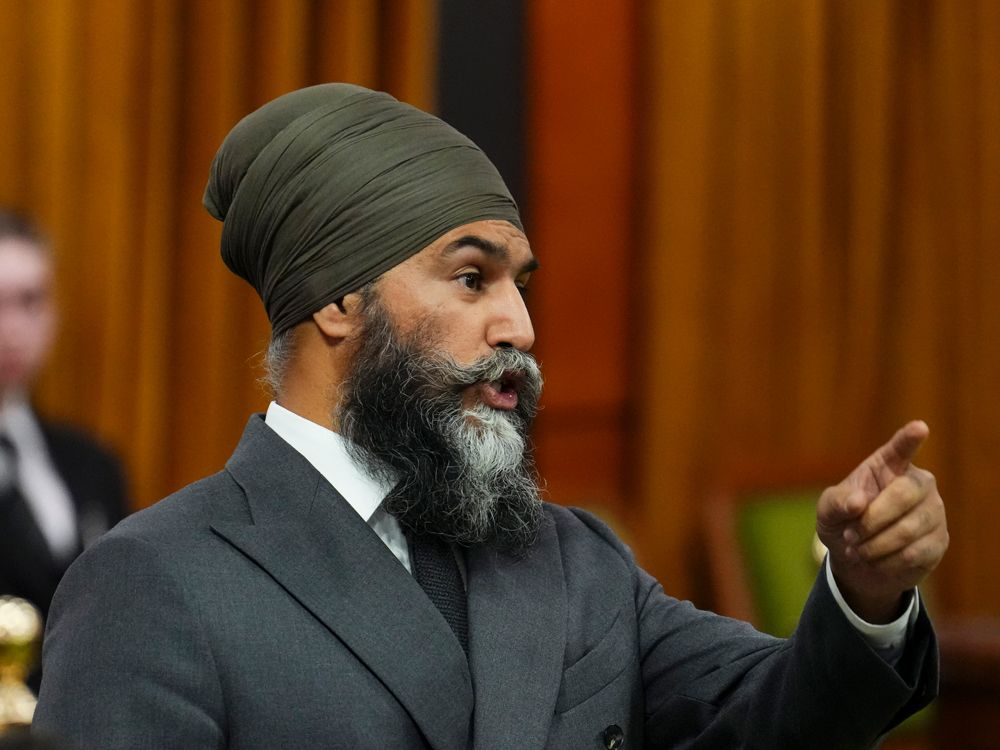


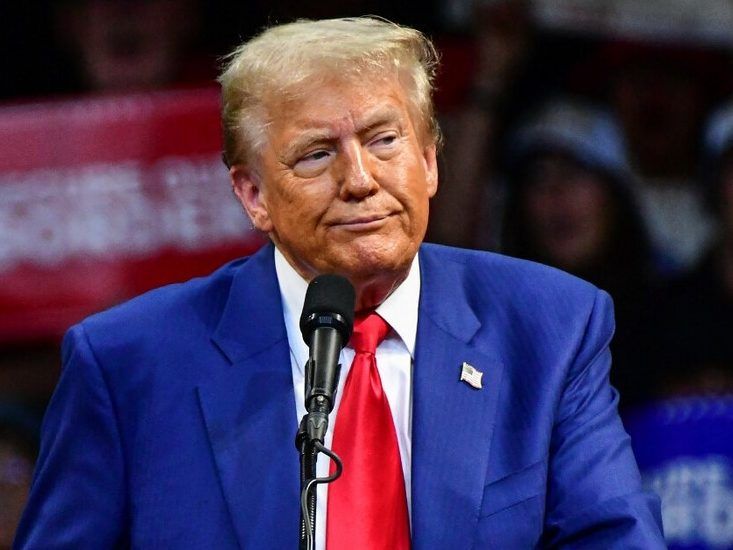
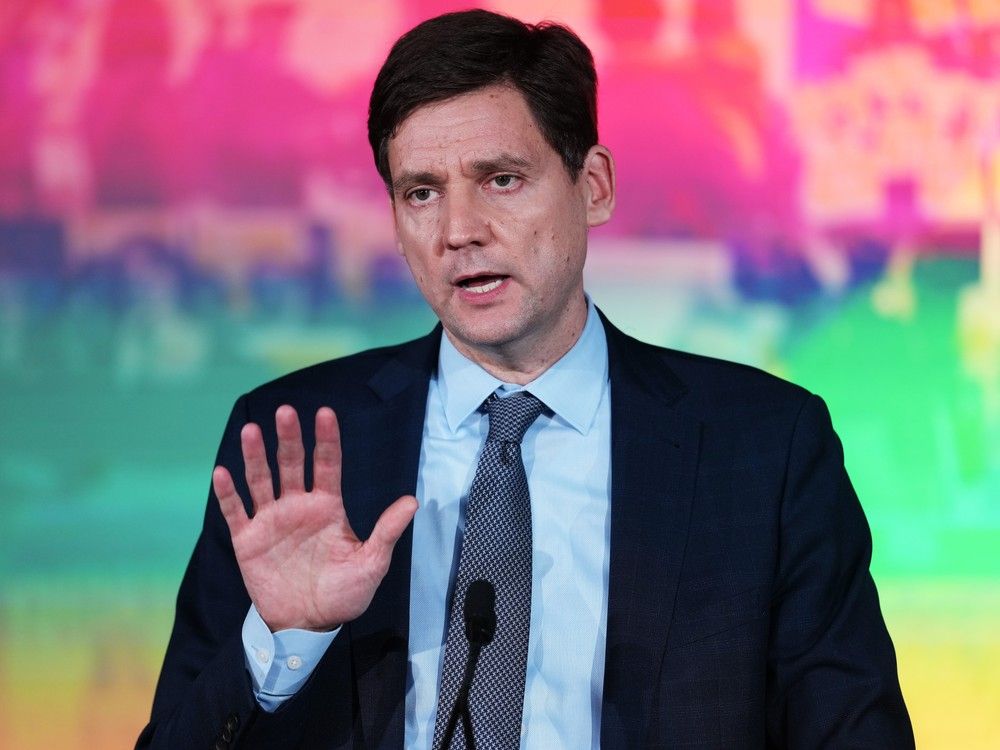

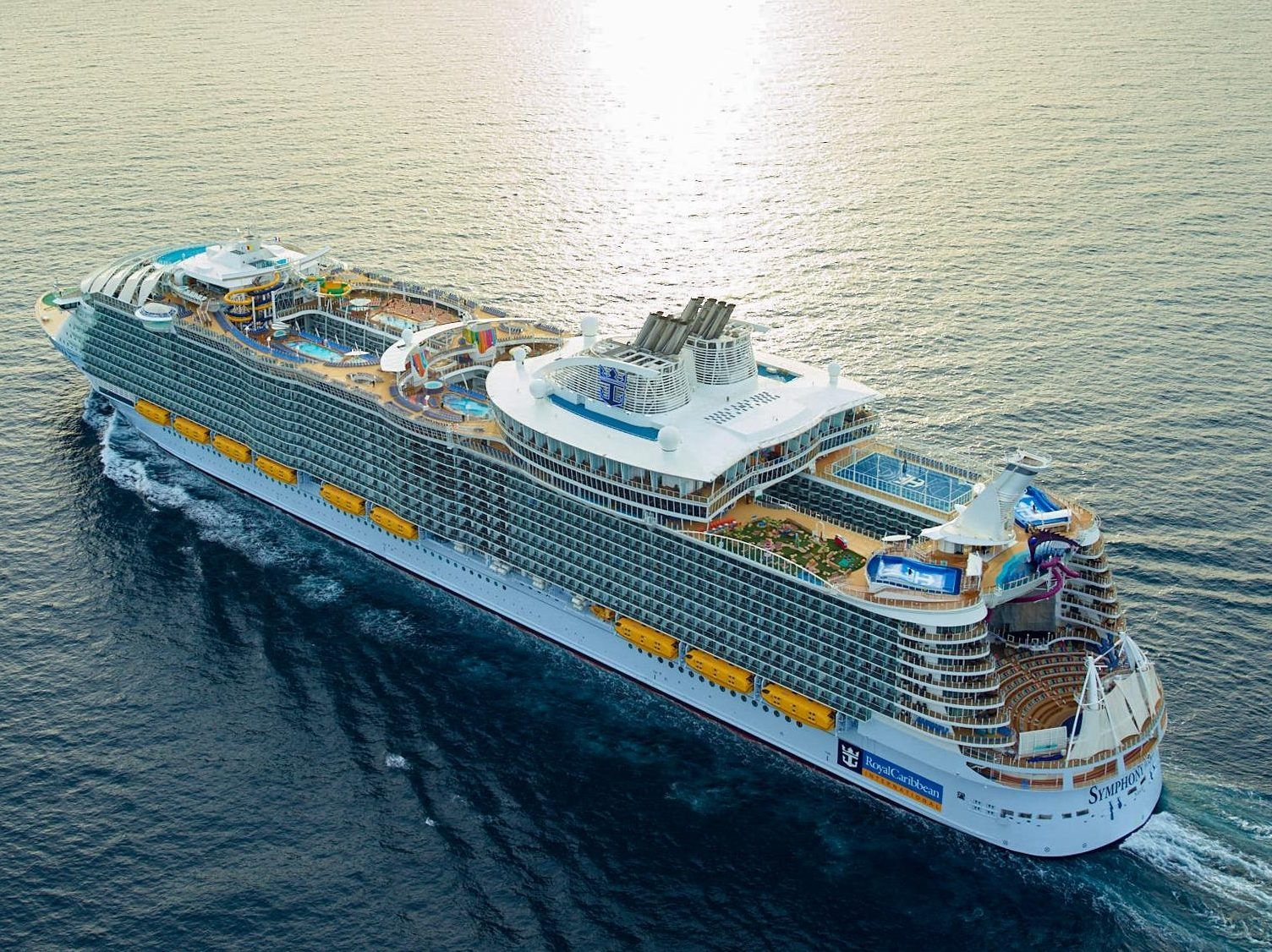

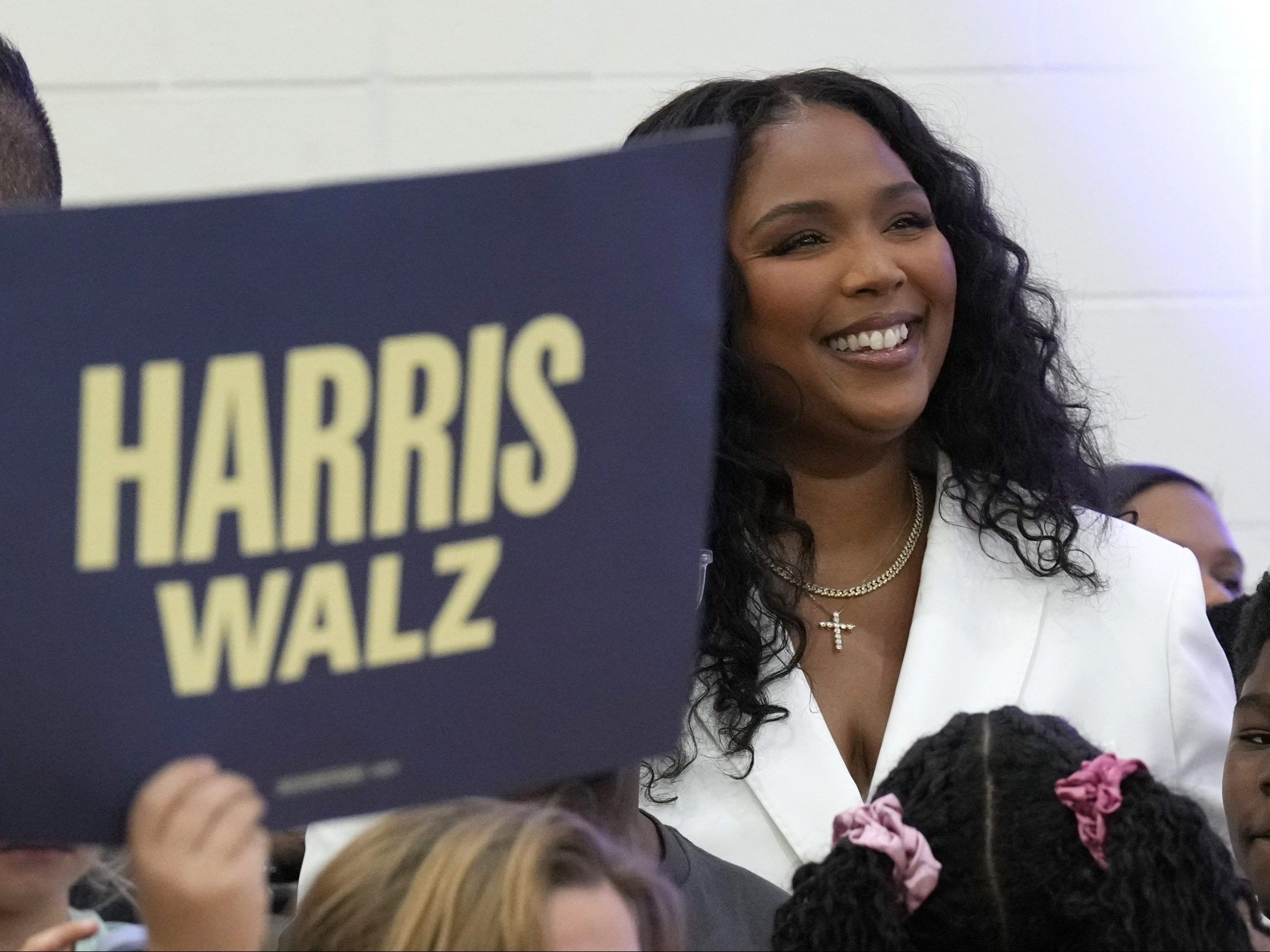
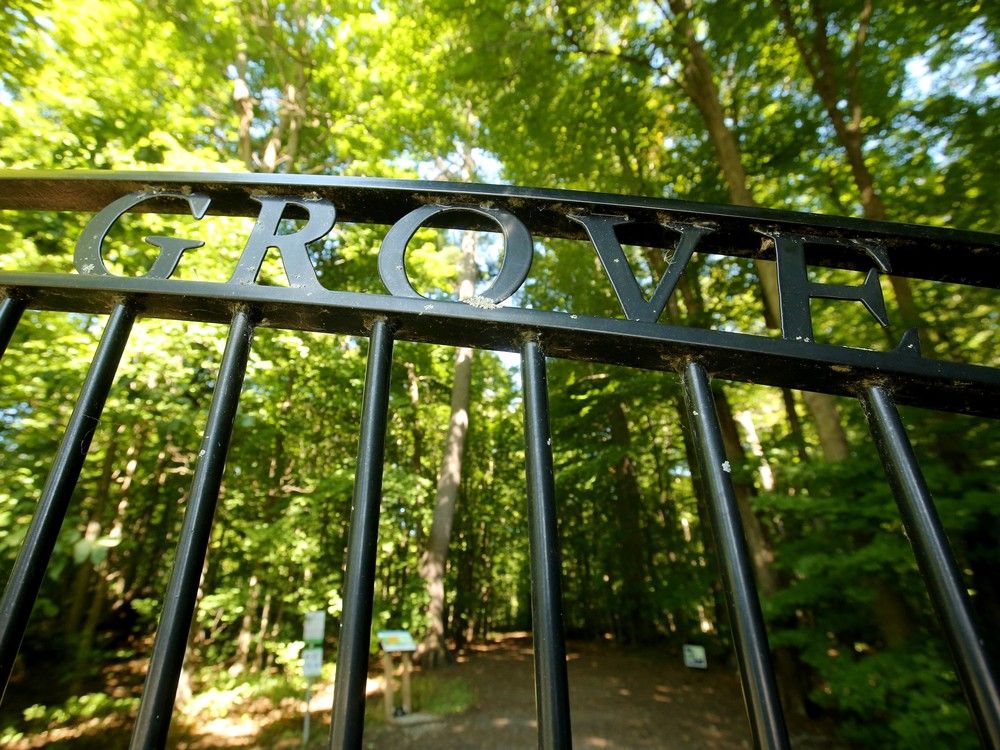
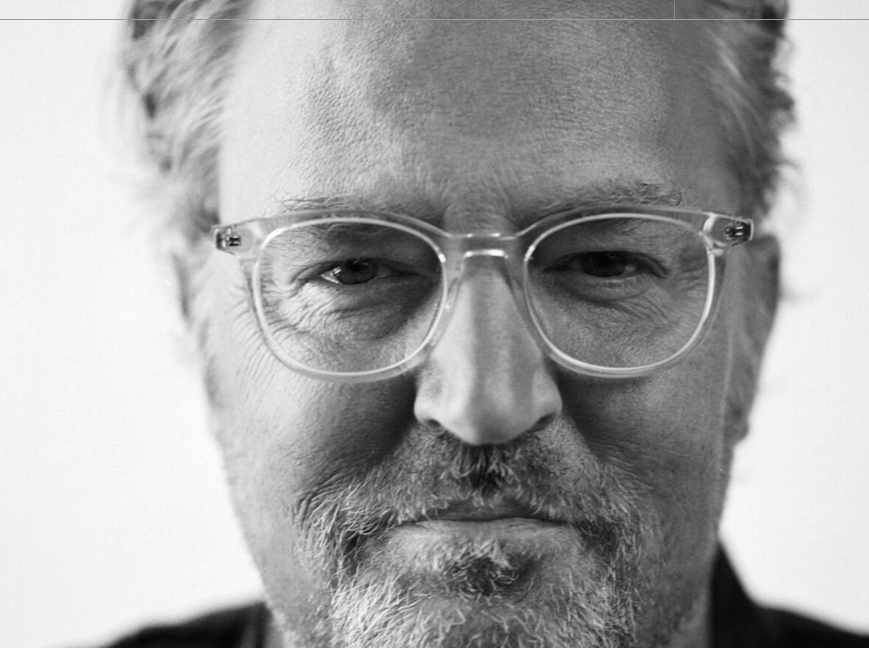















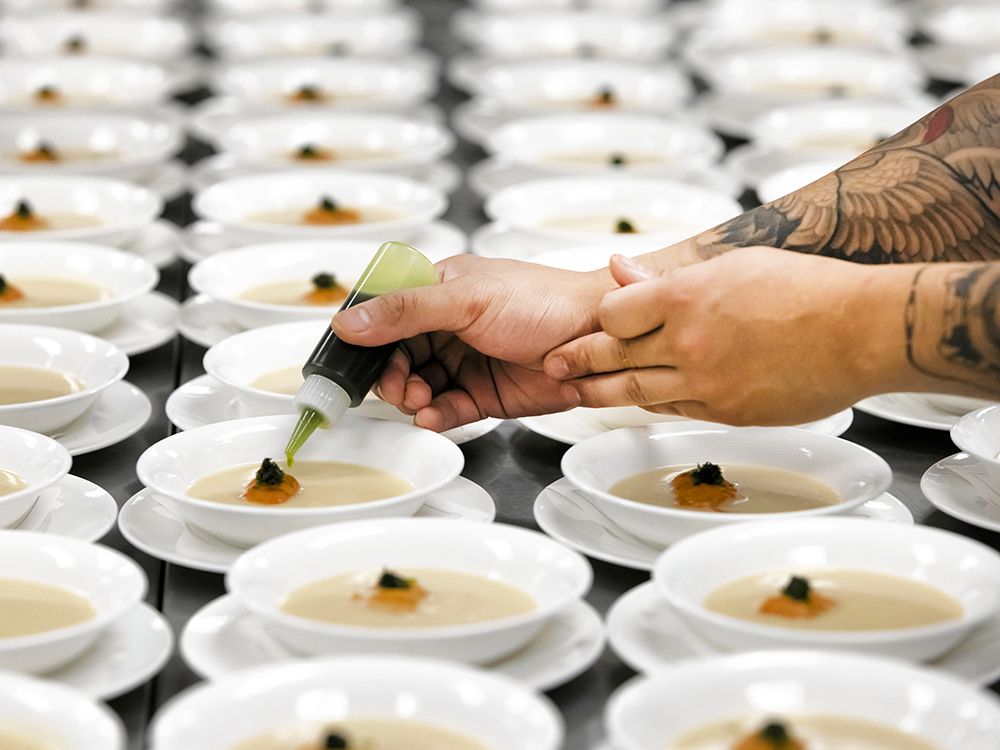
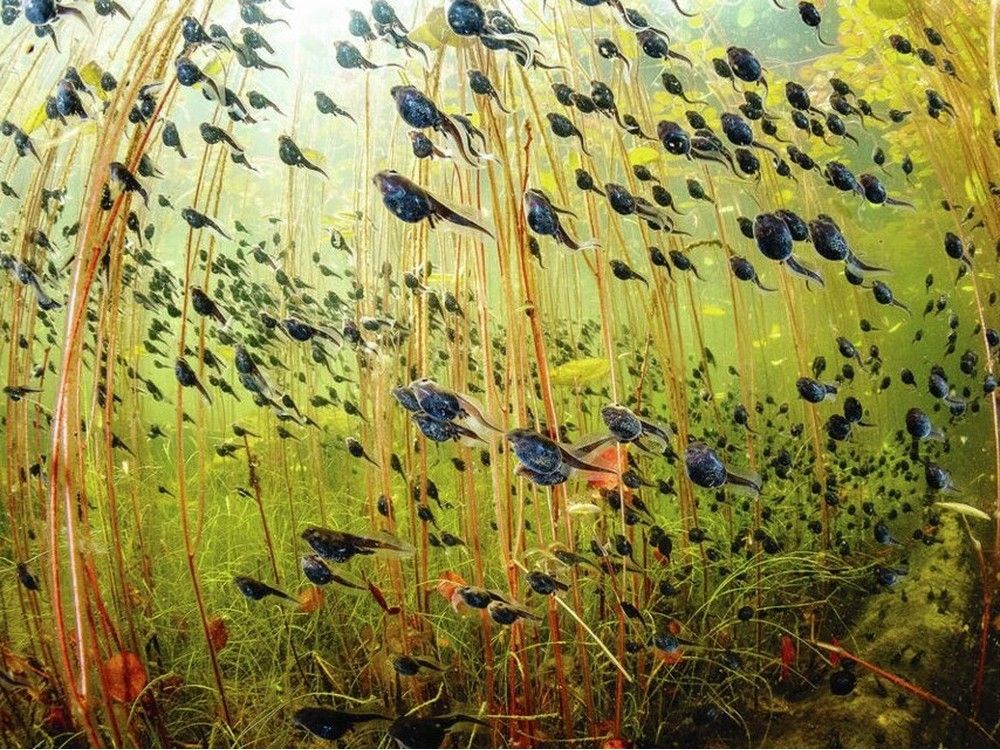
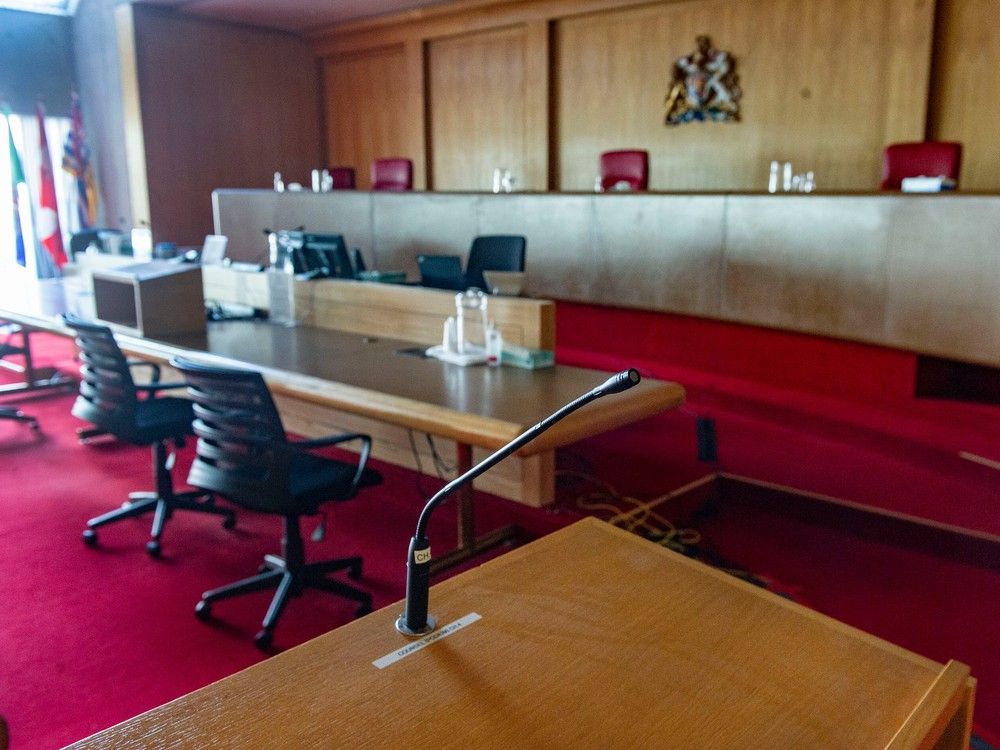
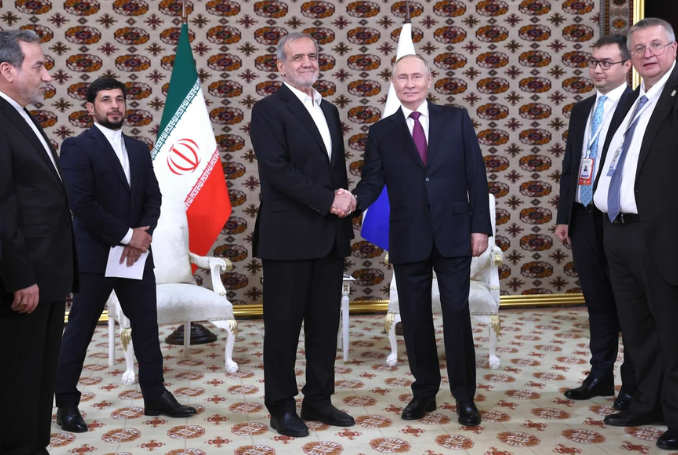


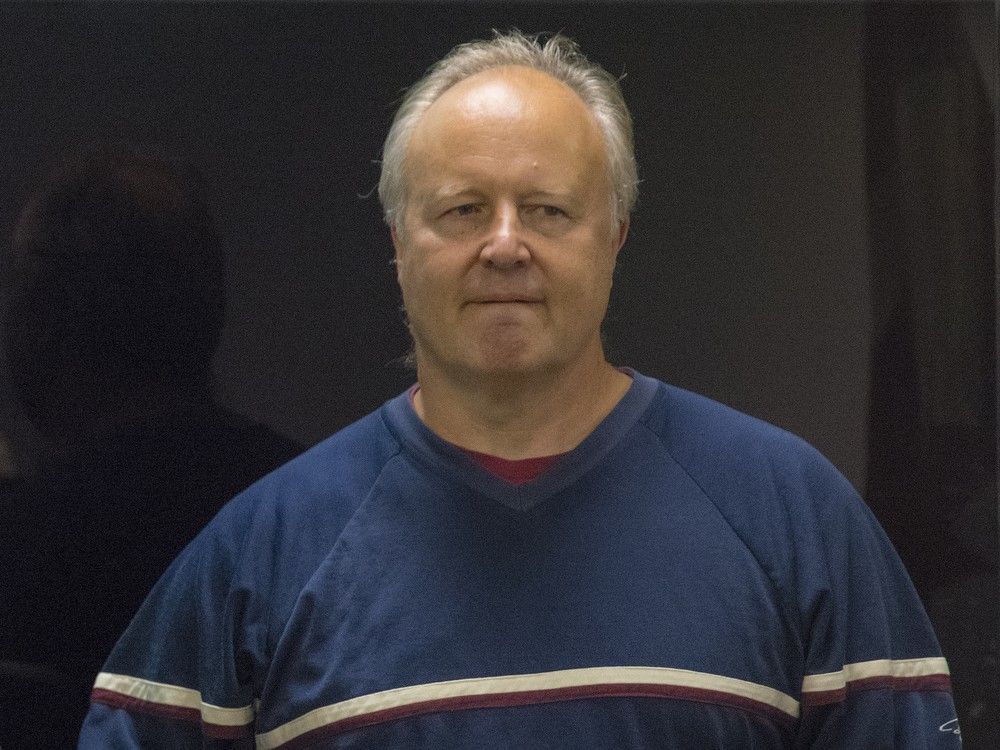

 Bengali (BD) ·
Bengali (BD) ·  English (US) ·
English (US) ·